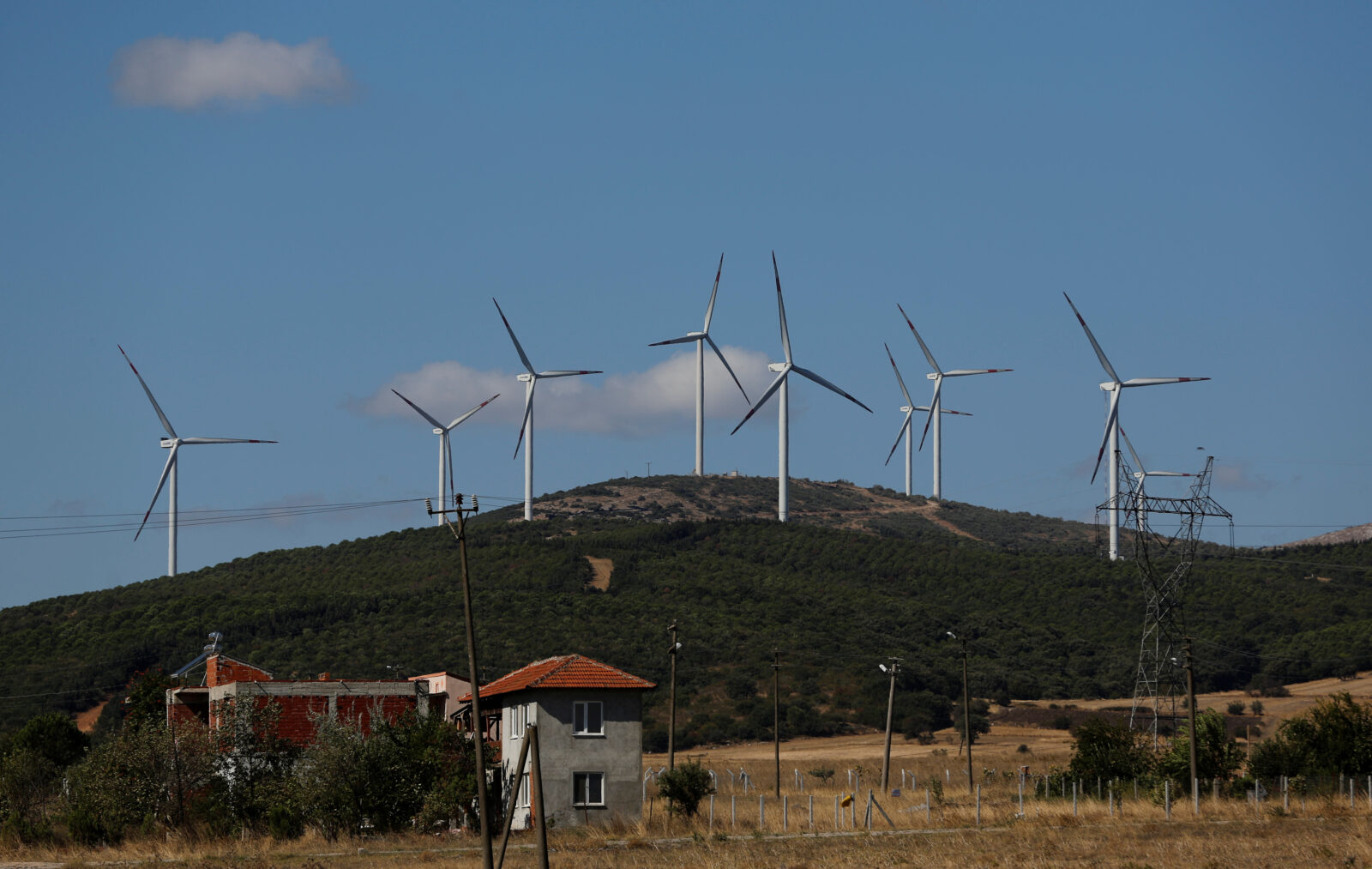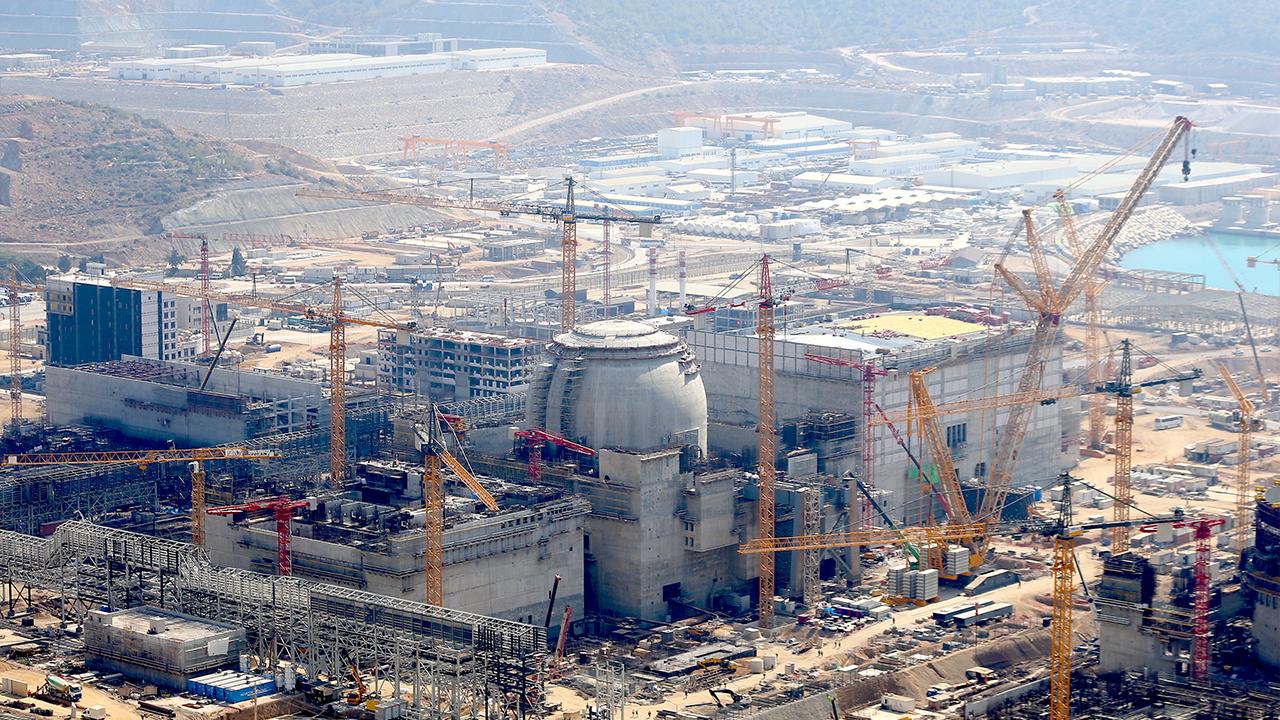Türkiye is setting ambitious goals for its energy sector, with plans to raise the share of renewable energy in electricity production to 47.8% by 2025, according to the Ministry of Energy and Natural Resources’ 2025 budget proposal.
The ministry also targets a reduction in natural gas’s contribution to electricity production to 18.9%.
Expansion of renewable energy capacity
According to the budget proposal, the country aims to boost the installed capacity of renewable energy sources, particularly solar, wind, geothermal, and hydropower plants. By 2025, Türkiye plans to increase the installed capacity in:
- Solar power (GES) to 22,600 megawatts
- Wind power (RES) to 14,800 megawatts
- Hydropower (HES) to 32,395 megawatts
- Geothermal power (JES) to 4,487 megawatts
In 2023, Türkiye’s renewable energy capacity stood at 32,195 megawatts for hydropower, 12,369 megawatts for wind, 18,756 megawatts for solar, and 1,691 megawatts for geothermal.
Reducing dependency on imported energy sources
One of the key goals for Türkiye’s energy portfolio is to reduce its reliance on imported energy resources, particularly natural gas. The Ministry of Energy and Natural Resources plans to increase the share of domestic energy sources to 59.4% by 2025. By the end of 2024, the share of renewable energy sources in electricity production is expected to reach 45%, up from 42.7% in 2023.
Additionally, the ministry plans to reduce natural gas’s share in electricity production from 21.4% in 2023 to 20.7% by the end of 2024 and further down to 18.9% by 2025.

Strengthening energy security, reducing losses
Türkiye’s energy strategy also includes enhancing energy security through increased use of domestic resources and reducing transmission and distribution losses in the electricity network. The ministry aims to:
- Lower transmission losses to 1.98% by the end of 2024 and to 1.96% by 2025,
- Reduce technical and non-technical losses in electricity distribution to 9.98% by the end of 2024 and to 9.68% by 2025.

Increasing natural gas storage capacity
The ministry also plans to increase natural gas storage capacity to improve supply security. By 2025, the daily regeneration capacity of natural gas storage facilities will be raised to 155 million cubic meters, and the underground storage capacity will grow from 5.8 billion cubic meters in 2023 to 6.3 billion cubic meters.

LED lighting, energy efficiency
To promote energy efficiency, the ministry is planning to increase the use of LED lighting in public spaces. By the end of 2024, 240,000 LED fixtures will be installed, and this number will rise to 400,000 by 2025.
These efforts are part of the broader goal of enhancing energy efficiency and reducing the carbon footprint of the country’s electricity production.
